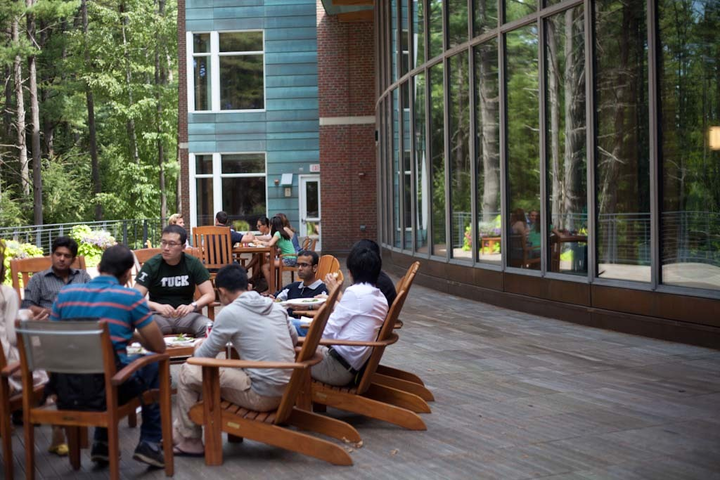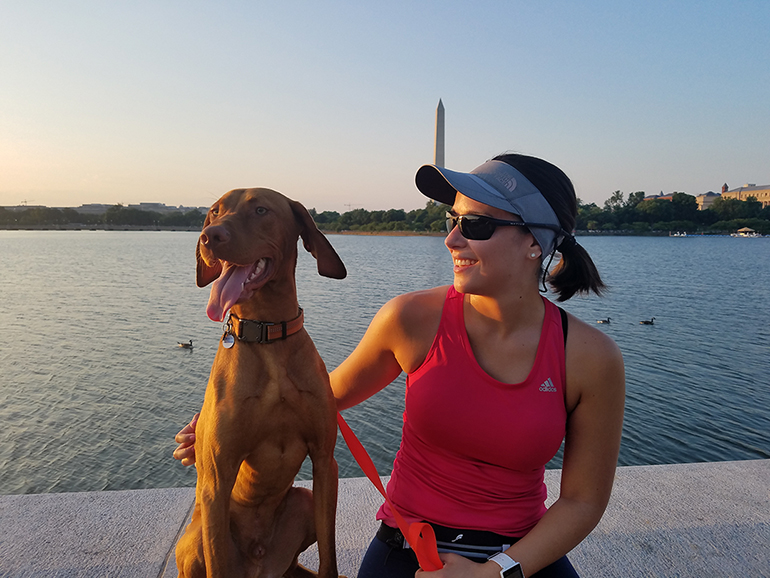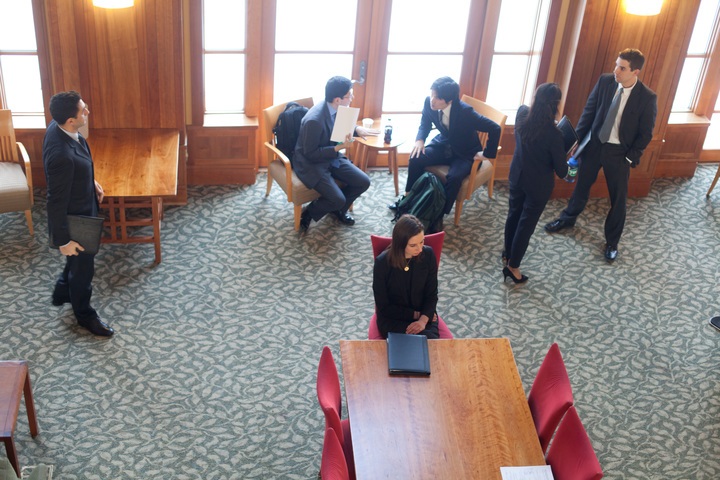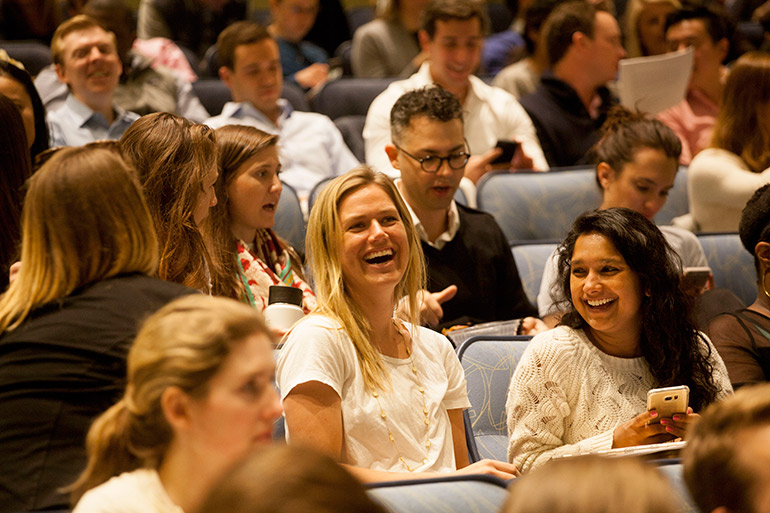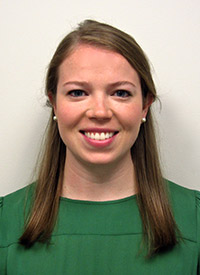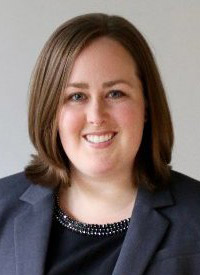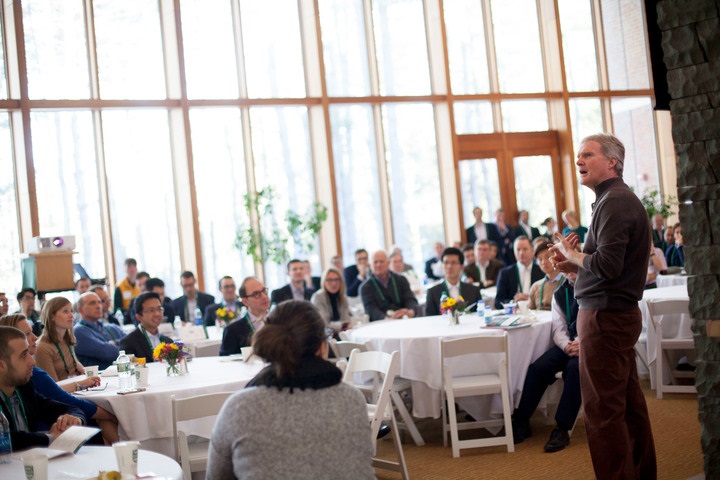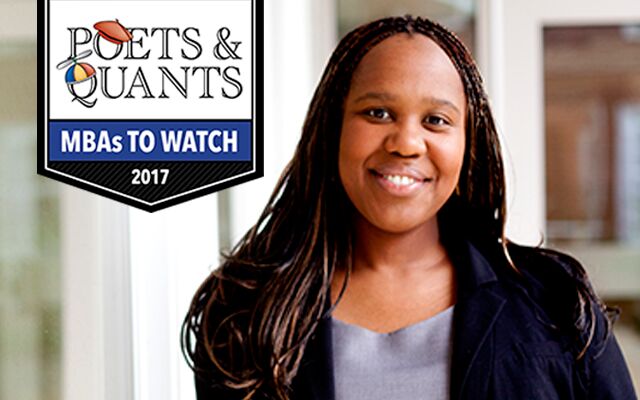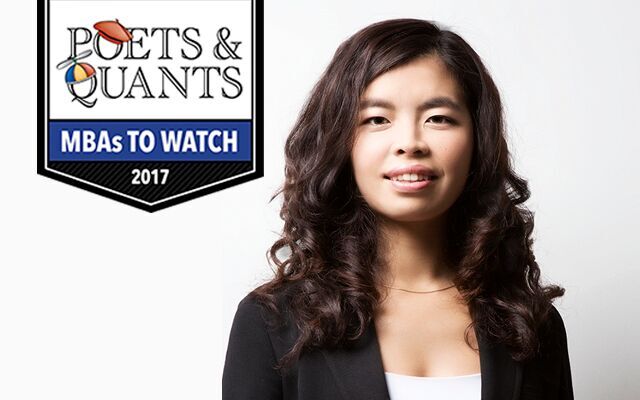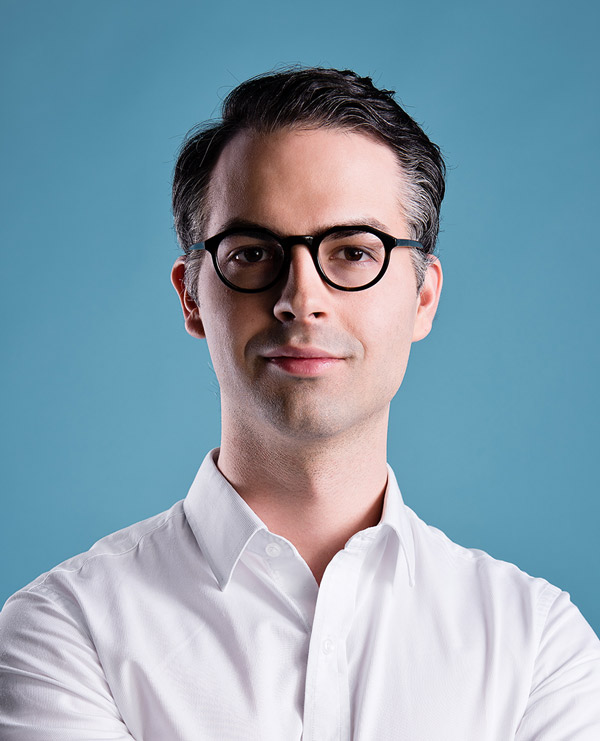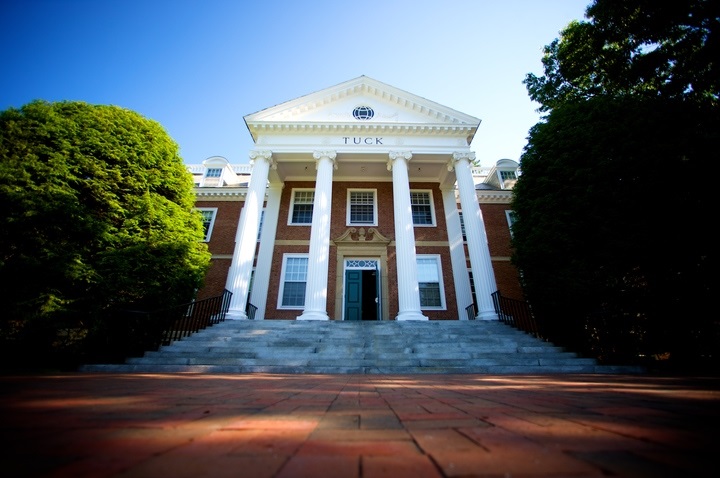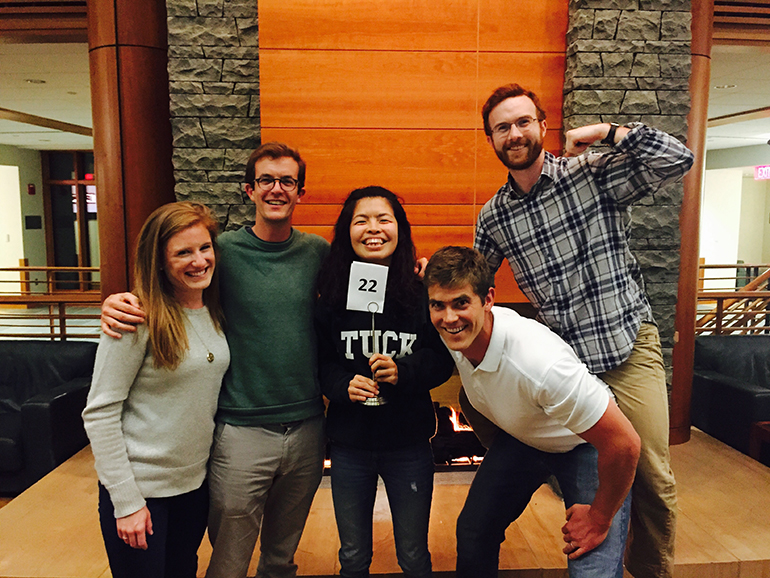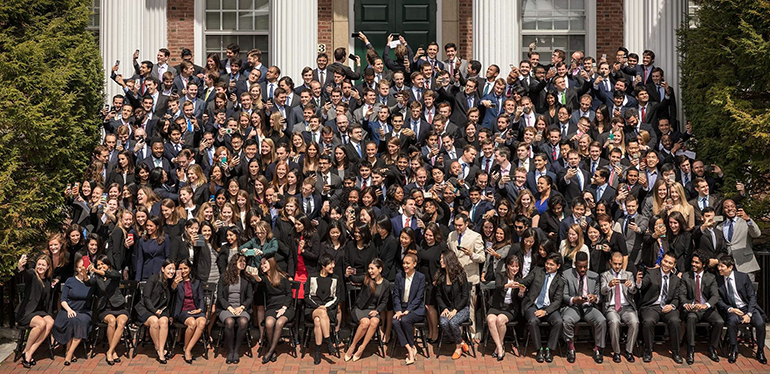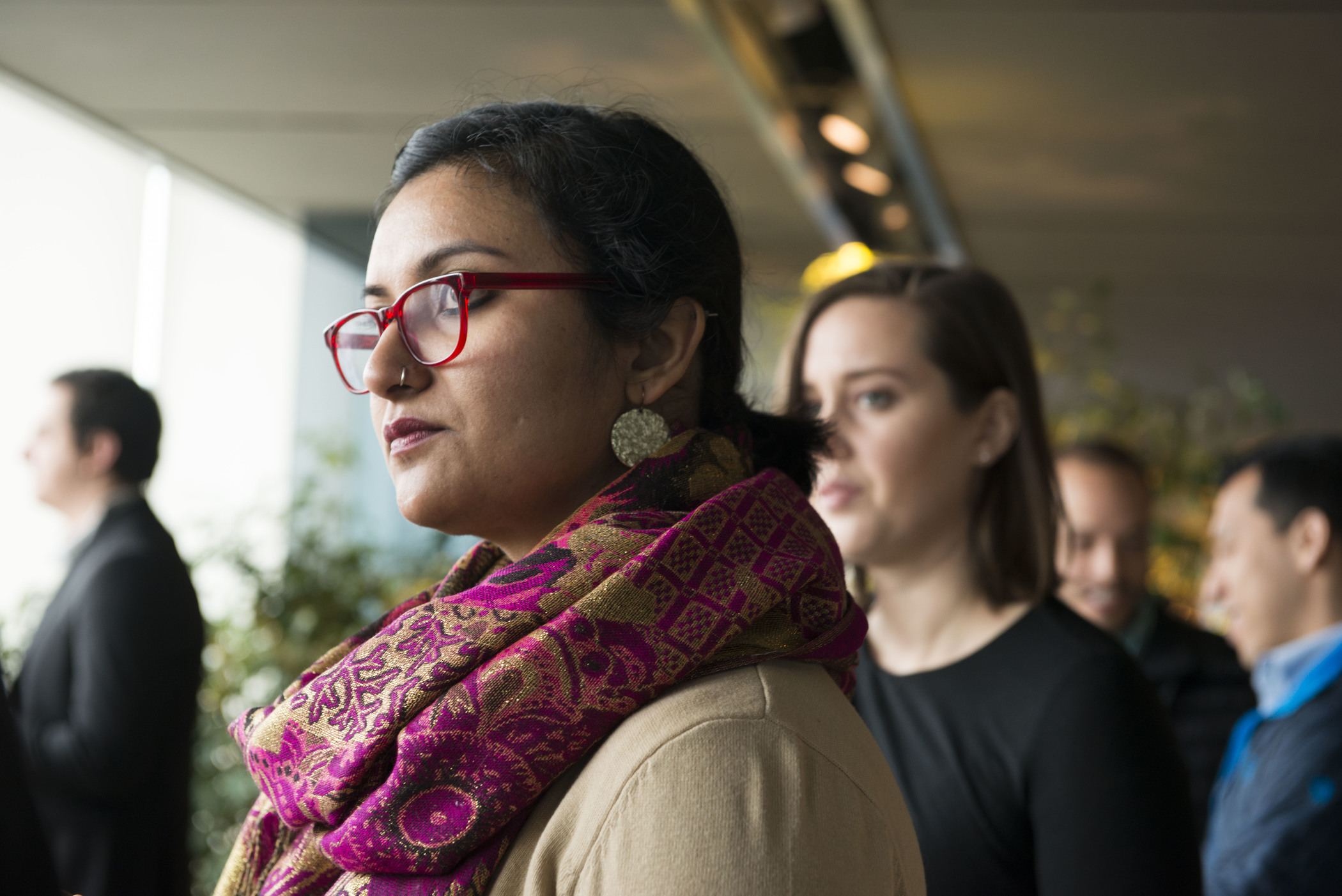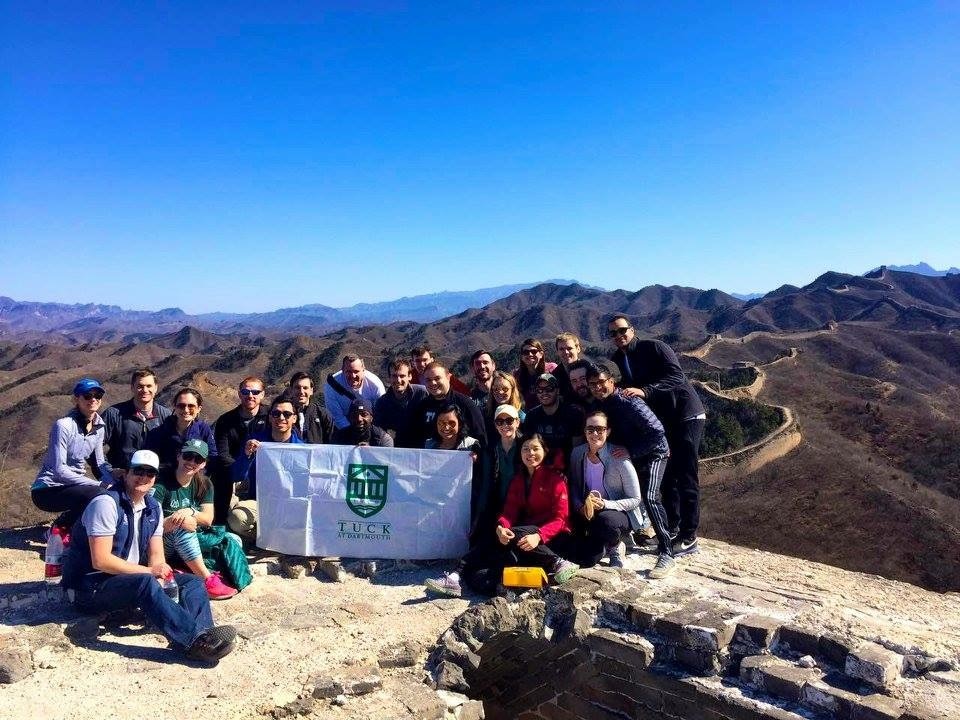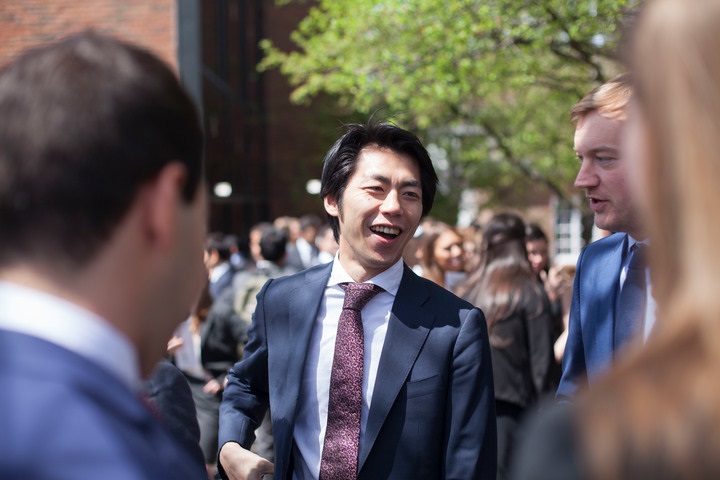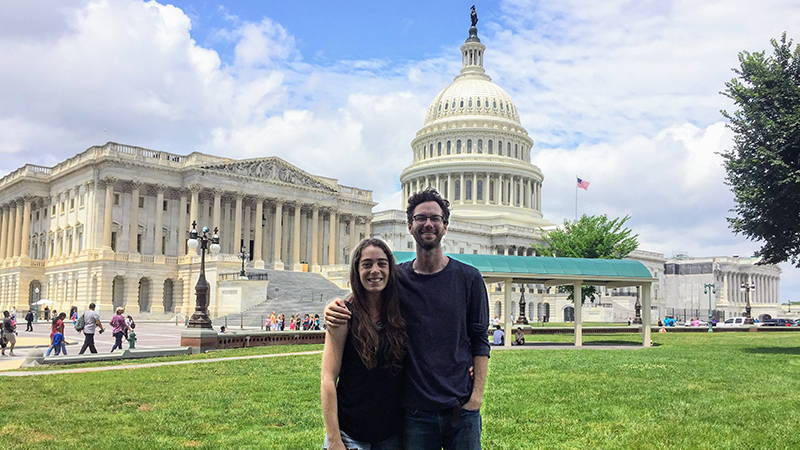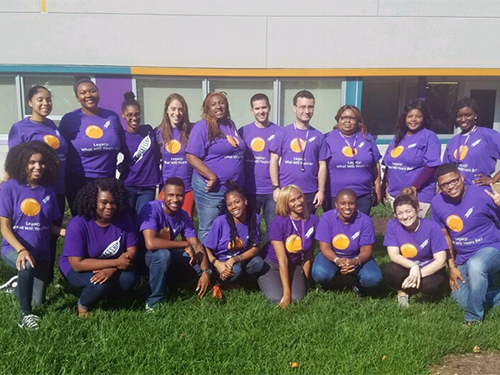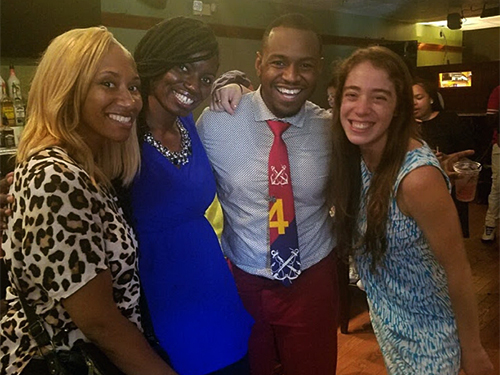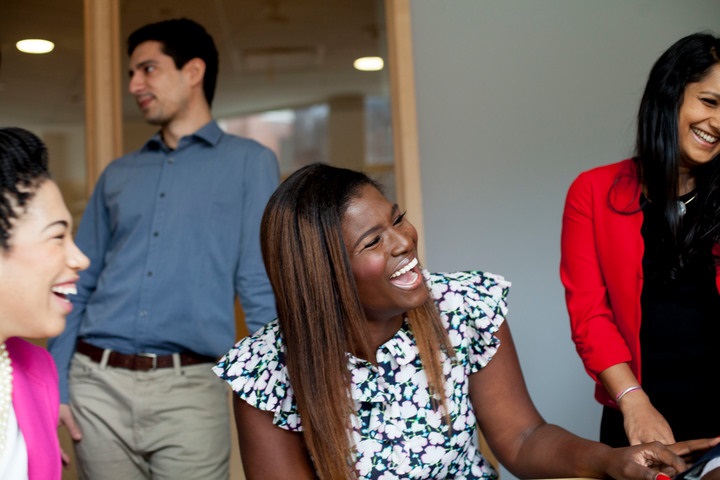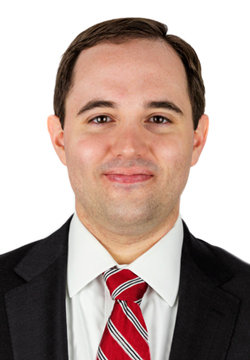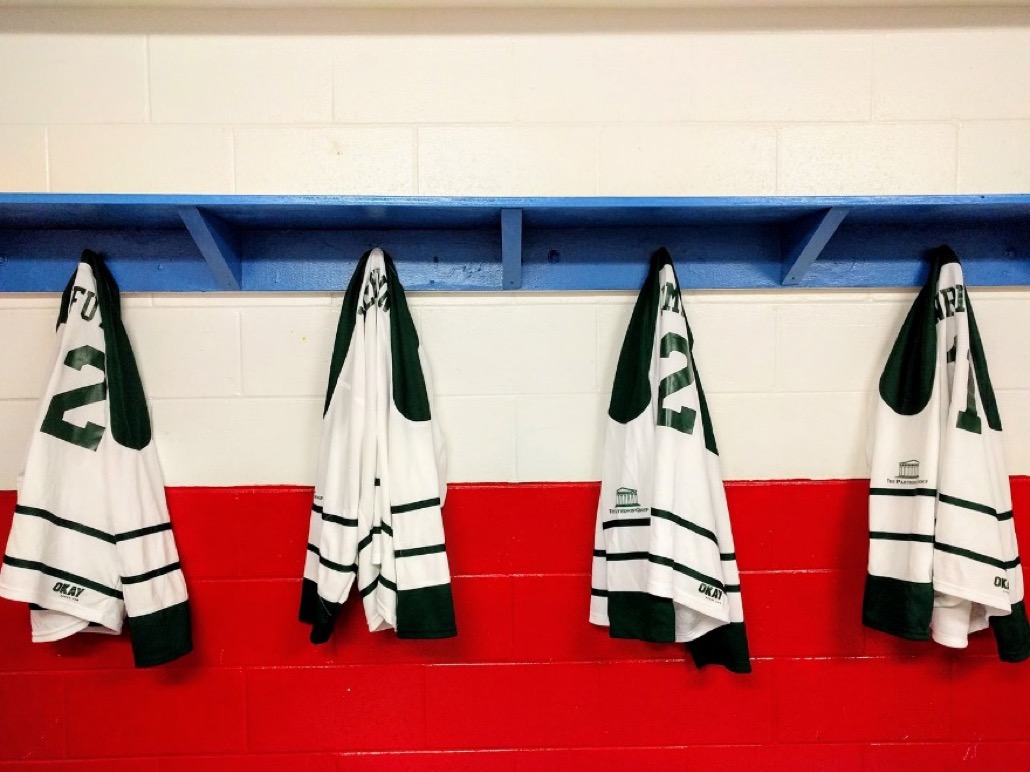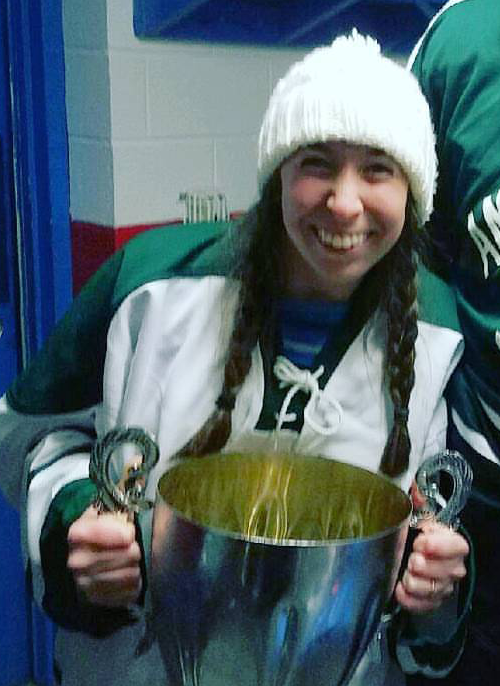Events & Promotions
|
|

GMAT Club Daily Prep
Thank you for using the timer - this advanced tool can estimate your performance and suggest more practice questions. We have subscribed you to Daily Prep Questions via email.
Customized
for You
Track
Your Progress
Practice
Pays
Not interested in getting valuable practice questions and articles delivered to your email? No problem, unsubscribe here.
- Nov 19
09:00 AM PST
-10:00 AM PST
What’s in it for you- Live Profile Evaluation Chat Session with Jenifer Turtschnow, CEO ARINGO. Come with your details prepared and ARINGO will share insights! Pre-MBA Role/Industry, YOE, Exam Score, C/GPA, ECs Post-MBA Role/ Industry & School List. - Nov 19
10:00 AM EST
-01:00 PM EST
Get expert MBA strategy, instant essay feedback, and personalized advice on your entire application. Join My Admit Coach, the AI-powered MBA admissions platform built on 10K+ successful application docs for HBS, Stanford GSB, MIT and other top programs. - Nov 19
11:00 AM EST
-12:00 PM EST
Looking to secure a coveted spot at a top business school? Our team of seasoned MBA admissions consultants, including top B schools alumni and industry leaders, is here to help turn your dreams into reality. Let’s kick-start your journey to success! - Nov 19
11:00 AM PST
-12:00 PM PST
Round 2 is here — and it’s your chance to make your MBA dream happen! Join GMAT Club’s LIVE discussion with two top experts from The Red Pen, Gunjan Jhunjhunwala and Natasha Mankikar, as we break down everything you need to know - Nov 12
01:00 PM EST
-11:59 PM EST
Get expert MBA strategy, instant essay feedback, and personalized advice on your entire application. Join My Admit Coach, the AI-powered MBA admissions platform built on 10K+ successful application docs for HBS, Stanford GSB, MIT and other top programs. - Nov 20
07:30 AM PST
-08:30 AM PST
Learn what truly sets the UC Riverside MBA apart and how it helps in your professional growth - Nov 20
10:00 AM EST
-10:30 AM EST
If you’re applying to Columbia, NYU Stern, or Yale SOM, you need more than strong stats. Each school defines “leadership” differently, and your essays must reflect that. Join Sia Admissions founder, Susan Berishaj on November 20th - Nov 20
09:00 PM IST
-10:00 PM IST
Join our free expert-led Essay Workshops to discover how to choose impactful stories, highlight your core values, and align your background with each school’s distinct culture, making every word truly count. - Nov 21
08:30 AM EST
-09:15 AM EST
Get the inside scoop on what makes Emory’s Goizueta Business School great, learn how you can present a strong MBA application, and connect with an Admissions Director to get your questions answered. - Nov 21
09:30 PM IST
-10:30 PM IST
Learn how to craft powerful, authentic essays by mastering the 3 “WHYs” every top MBA program looks for: Why MBA, Why Now, and Why This School. - Nov 24
08:00 PM PST
-09:00 PM PST
Inquire for a free profile evaluation and guarantee statement for possible admits and scholarships!
Kudos
Bookmarks
| FROM Tuck Admissions Blog: An Insider’s Guide to the Tuck Essays: 2017-2018 |
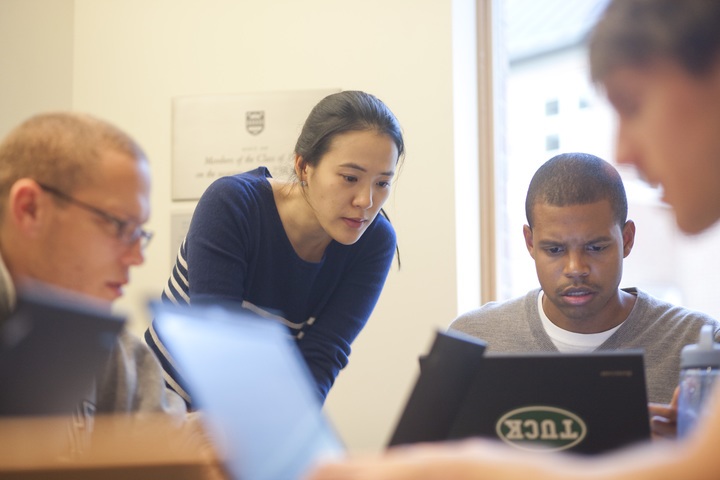 Within days of publishing these essays, there will inevitably be sources willing to help you analyze Tuck’s questions, as well as our thought process behind them. Instead of relying on second-hand advice, here’s all the guidance you need to write an excellent essay—straight from the admissions committee. We hope this insight is helpful, and look forward to reading your essays soon. Until then, good luck! 1) (Required) What are your short and long-term goals? Why is an MBA a critical next step toward achieving those goals? Why are you interested in Tuck specifically? (500 words) This question is as straightforward as it seems. Pursuing your MBA is a big commitment. There has got to be a good reason for this, right? We want to know that reason. What do you hope to be doing after graduating from an MBA program? How does your path thus far play into that? If the logical path isn’t clear, make sure you tell us why you’re making this transition. Also, we want details! You want to lead a company, make decisions, problem solve, help people? Great, but does that mean consulting or product management? Healthcare or technology? What companies interest you? What roles do MBAs play in those fields? Pulling out these details will not only make you a more competitive applicant, but will also give you a great foundation when presented with all your career possibilities. Business school is great for exploring different industries, roles, and companies, but without a plan it can be overwhelming. As for the final part of the question, every MBA program is different. What about Tuck specifically will help you get from where you are now to where you want to be in 3, 5, or 15 years? As an admissions committee, we have only 285 seats to fill every year. We want to make sure we’re offering this incredible opportunity to those who 1) understand why they’re in an MBA program to begin with, and 2) are excited about spending two transformative years at Tuck. What programs, classes, clubs, treks, or activities does Tuck offer that will help you achieve your personal and professional goals? It’s true that we like people who are enthusiastic about Tuck—we want students who will dive in, not blend in! However, that doesn’t mean that you should try to flatter your way in. There are many, many opportunities at Tuck—you owe it to yourself to do some research and figure out those that are truly most appealing to you. Other tips:
2) (Required) Tuck’s mission is to educate wise leaders to better the world of business. Wisdom encompasses the essential aptitudes of confident humility, about what one does and does not know; empathy, towards the diverse ideas and experiences of others; and judgment, about when and how to take risks for the better. With Tuck’s mission in mind, and with a focus on confident humility, tell us about a time you:
How did you respond, and what did you learn about yourself as a result? (500 words) Life isn’t all successes; there are plenty of failures in there too. We are not trying to bring in a class of perfect people. We’re looking for people who are self-aware, growth minded, and humble, people who recognize those less-than-perfect moments or traits in themselves and then figure out where to go from there. That’s why we focus on confident humility. Tuck is small in size and big in collaboration. It’s not about being right, being the best, or winning. We don’t seek success at the expense of others. You won’t blend in or be anonymous. You will work with diverse people, with different ideas, perspectives, and experiences that shape them. In business school (and life!), you will be one smart and talented person among many smart and talented people. We love that our students listen and learn from each other in class and over dinner, that they lean on their study group mates in areas where they’re less strong, and that recruiters highlight how Tuckies stand out as being able to work well with just about everyone. We’re looking for honesty in this essay. This is not a trick question. We’ve all received tough feedback, failed, or disappointed someone. Show us personal accountability and action. And like the first essay, details are important. Be specific enough that we get a clear picture of the situation, the result, and your role in it. Finally, don’t get to the end and forget the last part of our question: How did you respond, and what did you learn about yourself as a result? Other thoughts: Stick to one particular example instead of a string of several instances, and avoid being too vague. Consider both your immediate reaction and your reaction once given time to think and reflect. 3) (Optional) Please provide any additional insight or information that you have not addressed elsewhere that may be helpful in reviewing your application (e.g., unusual choice of evaluators, weaknesses in academic performance, unexplained job gaps or changes, etc.). Complete this question only if you feel your candidacy is not fully represented by this application. Optional is optional! We are NOT docking you for an empty optional essay. Actually, quite the opposite; if you give us an extra five paragraphs to read and it’s not necessary, we will question your judgment or your ability to express yourself succinctly elsewhere. For example, you do not need to further declare your love for Tuck here when you can articulate that in the first essay and the interview. Reasons you should use this space:
A good rule here is to keep it to a reasonable length. If you’re unsure if you should explain something, err on the side of including it—just do so as succinctly as possible. 4) (To be completed by all reapplicants) How have you strengthened your candidacy since you last applied? Please reflect on how you have grown personally and professionally. (500 words) This question is very straightforward, but similarly to the optional essay, try not to repeat a bunch of stuff from elsewhere in the application. Naturally, it might happen here and there, but use your best judgment. If you received reapplicant feedback, you should specifically address that feedback—all of it. Word Counts: All noted word counts are meant as a guideline. While we’re not going to count every word, if your essay is exceptionally short, you either haven’t explained something fully, or simply did not put in much effort; if your essay is exceptionally long, you should consider revising it to be more succinct. |
This Blog post was imported into the forum automatically. We hope you found it helpful. Please use the Kudos button if you did, or please PM/DM me if you found it disruptive and I will take care of it.
-BB
Kudos
Bookmarks
| FROM Tuck Admissions Blog: Which round should I apply in? |
 Does it matter which round I apply in? Do I need to apply in Early Action? What is Early Action? When charting your course through the MBA application process, keep the following things in mind:
Remember, these comments are specific to Tuck and while some of them might apply across the board, each school is likely to be a little different. Stay organized by noting these important dates right now, including applicant-initiated interview deadlines and notification dates: 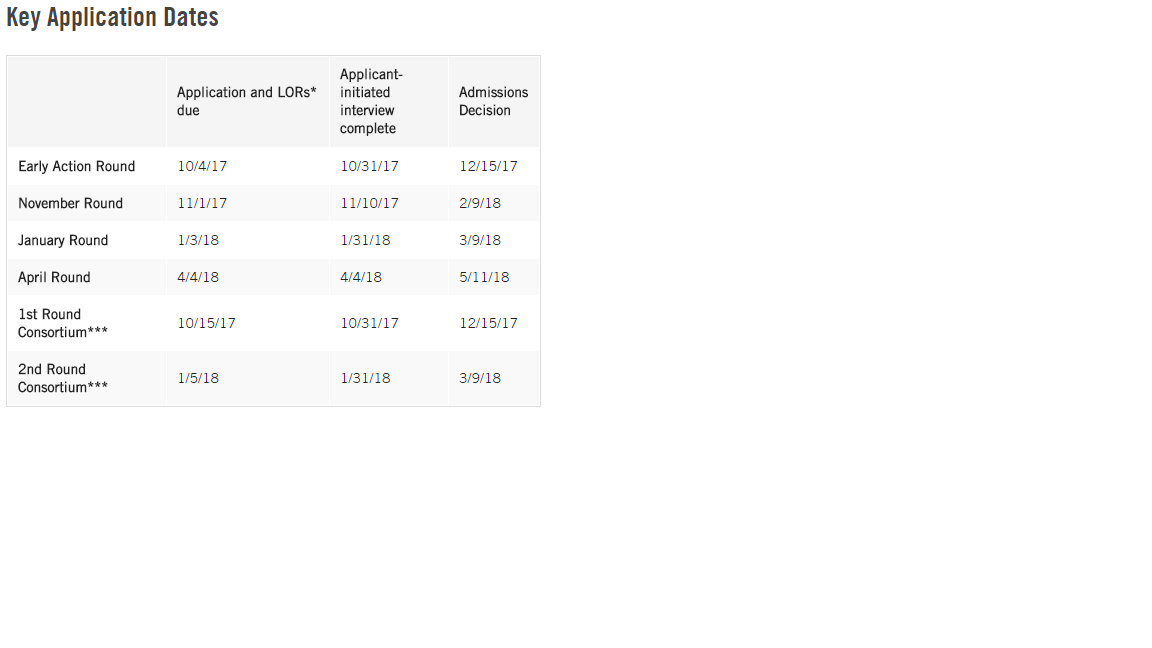
|
This Blog post was imported into the forum automatically. We hope you found it helpful. Please use the Kudos button if you did, or please PM/DM me if you found it disruptive and I will take care of it.
-BB
Kudos
Bookmarks
| FROM Tuck Admissions Blog: Ready for an MBA? Here’s My Advice |
 By Laura Shen T'17 I grew up in New Hampshire and I am pretty sure I was that rebellious 18-year-old who said they would never be back. Well … I came back eight years later … by choice to attend Tuck. These past two years at Tuck have been transformational—both from a professional and personal perspective. I have learned from professors, classmates, and visiting executives. I have explored the world—hiked the mountains of Nepal while completing an FYPGO (Global First-Year Project), sailed the Italian coast in an MBA regatta, bungeed in New Zealand, and led a group of 26 students on a GIX (Global Insight Expedition) to Myanmar and Singapore. I have taken risks, failed, and been supported by the community here at Tuck. For those ready to embark on an MBA and time at Tuck, here’s my advice. Immerse yourself. I chose Tuck because of its location. Not only did I enjoy the outdoors but I also felt that being in a remote area created a stronger sense of community. In a city, I thought I would revert to old friendships and fail to embrace the full-time MBA experience to the fullest. At Tuck, there is no escaping one another. You’re together in the dorms, classes, study groups, and dining hall. You get a fully immersive experience—and that’s what I wanted. If I was going to invest the resources and time into getting a MBA, I wanted to take full advantage to really get to know my classmates and professors. 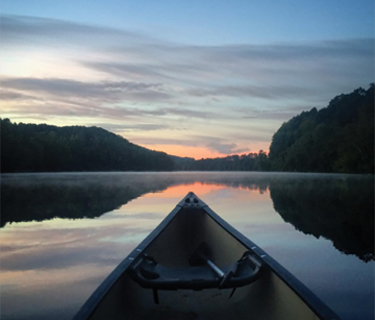 Fall A: Skipped out early on a weekday recruiting event to rent canoes from the Ledyard Canoe Club and overnight on an island. Back in time for 8:30 a.m. Managerial Economics. 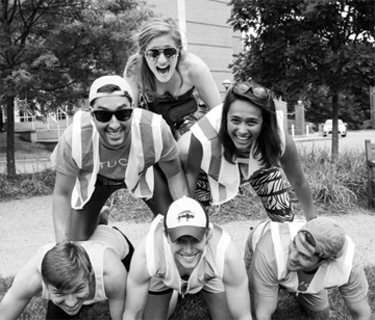 Enjoying Fall A Tuck traditions. Be intentional. On our first day of orientation, Dean Matthew Slaughter told us we had 651 days left of our MBA and encouraged us to be intentional and make sure we spend our figurative “dollar” wisely. I was pretty sure that my first tuition bill was more than $651 dollars, but the idea resonated with me. Each day, I kept a list of how I spent my “dollar.” What was the highlight? What did I do that was meaningful? Looking back at that list, my accomplishments ranged from scoring my first goal in Tripod hockey, to performing at Diwali, to cracking a case, to learning how to shingle while helping a classmate build a cabin in the White Mountains, to delivering my final speech in Communicating with Presence. One of my from during my undergrad experience was not utilizing professors, so at Tuck I wanted to take full advantage of the faculty resources. I worked with Professor Paul Argenti to organize a first-time GIX (Global Insight Expedition) to Singapore and Myanmar examining the development trajectories of two former British colonies. I also assisted him on a project with the U.S. Chamber of Commerce. I had the pleasure of completing an independent study under the guidance of Professor John Lynch and Dean Slaughter on Amazon’s culture and had the opportunity to travel to Amazon’s Seattle headquarters and interview 10+ senior executives. Know what you want out of Tuck. I remember one of the admissions questions was “What are your short- and long-term goals?” Once you are accepted, take time to really reflect on what those questions mean for yourself (not in the eyes of the Admissions officers). Set goals for your MBA experience. Create a bucket list. Make the most of each day. 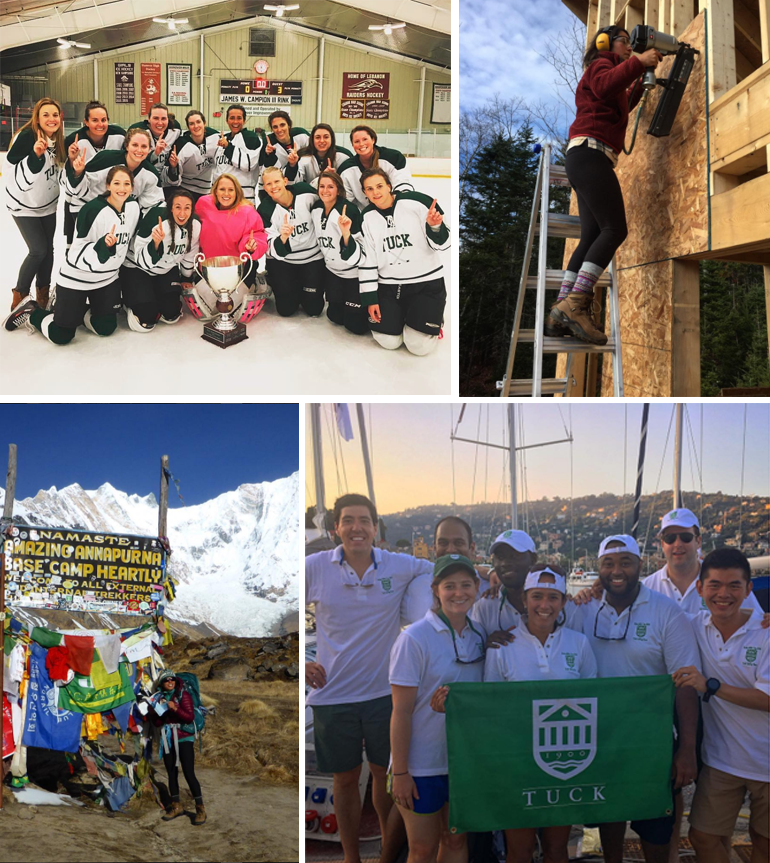 From top left to bottom right: Finally winning a tripod hockey championship, learning life skills like how to use an industrial nail gun, making sure to read The Goal from Annapurna Base Camp in Nepal, representing Tuck at the MBA Rolex Regatta & Conference in Portofino, Italy. Take risks. Don’t be afraid to fail. Tuck provides you the opportunity and resources to try new things. Tuck was the time to push myself outside my comfort zone. I came to Tuck to pursue consulting—a traditional post-MBA career path. However, I also wanted to use this time to be entrepreneurial and explore the intersection of international development and technology based on my prior experience at the World Bank and Clinton Global Initiative. I self-sourced a First-Year Project with an organization that used drones for humanitarian relief and convinced four other classmates to join the project. It didn’t necessarily go as planned. When we arrived in Nepal for a week-long workshop during spring break, plans fell through. The organization wasn’t able to secure the necessary permits from the government and the event had been cancelled. We had to create a plan B and salvage the trip in order to deliver value for the client and for our First-Year Project. Coming back to campus, I was terrified that the Tuck staff would be upset that the trip didn’t go as planned. However, I was surprised by their calm reaction. Maybe I have been too Type A my entire life, but this experience taught me out to deal with situations that you can’t plan for, recover, and pivot as needed. 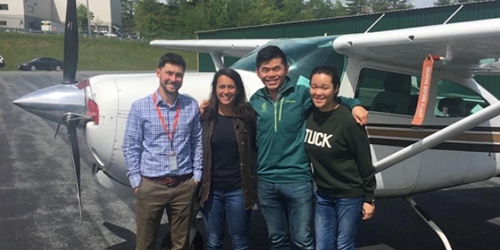 The perks of having classmates who were pilots in the military prior to Tuck. Sightseeing tours of the Upper Valley from the air.  Taking the leap of faith—bungee jumping outside Queenstown, New Zealand. Stay true to yourself. It’s easy to get swept away in group think. Remember that each person’s MBA journey is unique. Learn to prioritize what is important to you—whether that is school work, clubs and activities, family, friends, recruiting, entrepreneurial ventures, hiking, or coffee chats (or a late-night drink at Murphy’s) with classmates. These two years are a time for self-reflection and self-realization. Best of luck, Laura 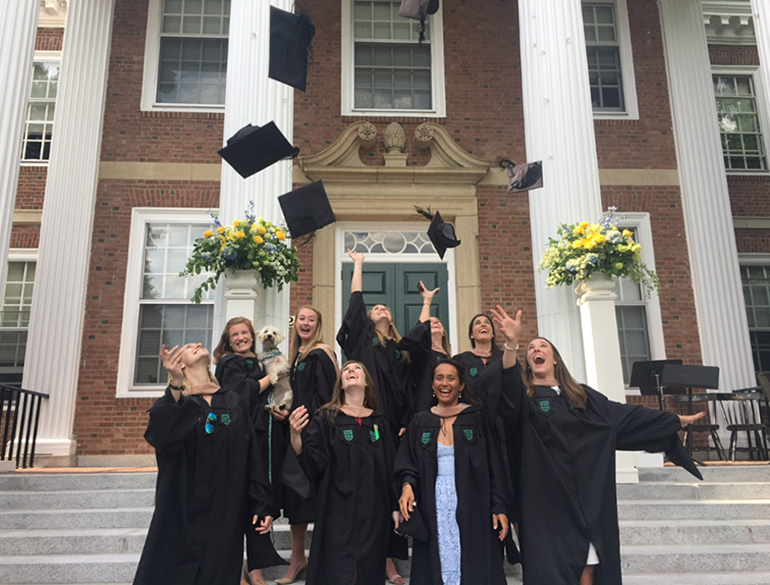 Tuck Alumnae celebrate at the 2017 Investiture ceremony. |
This Blog post was imported into the forum automatically. We hope you found it helpful. Please use the Kudos button if you did, or please PM/DM me if you found it disruptive and I will take care of it.
-BB









